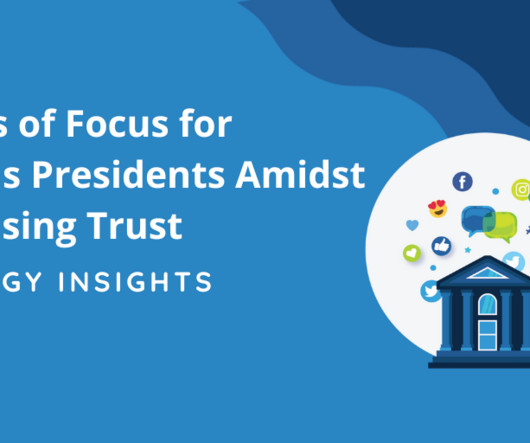Education Department to use secret shoppers to catch colleges lying
Inside Higher Ed
MARCH 15, 2023
Other efforts include revamping regulations for debt-relief programs, including borrower defense to repayment; re-establishing an enforcement office within the Office of Federal Student Aid; and issuing guidance on how the department will require private nonprofit and for-profit college executives to assume personal liability.











Let's personalize your content